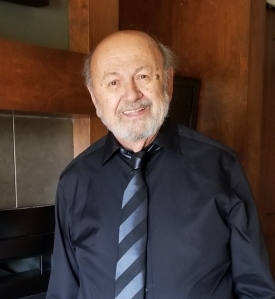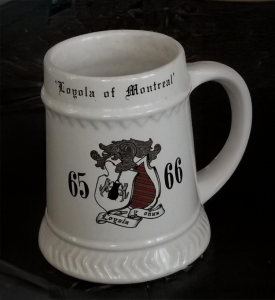Roman Mukerjee, BA 66, wants Canadians to remember their history.
He is frustrated that too few young people — and even the general public — know about the Canadian Multiculturalism Act, legislation he helped develop in 1988 that remains the backbone of the country’s diversity policy.
Mukerjee worked at the Department of Canadian Heritage as a senior policy analyst where he was instrumental in strengthening Canada’s multicultural framework.
“We were a small team, but we made it happen, and the Act passed unanimously,” says Mukerjee, who lives in Ottawa with his wife. “The Act is vital, and it should be given more emphasis. It's not just policy — more students should be aware of it.”
The Act enshrined equality rights regardless of race or religion, allowing Canadians to practise their faiths and preserve their identities without fear of persecution.
Mukerjee also helped champion several other initiatives. He introduced intercultural and interracial sensitivity training within the Royal Canadian Mounted Police in the mid-1980s, helped revise the force’s dress code to accommodate Sikh Canadians wearing turbans and kirpans, and worked to replace with the House of Commons’ opening Christian prayer to be one more inclusive of all faiths.
“Why should one religion be superior to others?” he asks. “We are not that kind of country.”
‘We have a great responsibility’
Raised in India, Mukerjee moved to Montreal to earn a bachelor’s degree in political science at Loyola College — one of Concordia’s founding institutions — where he graduated magna cum laude and received a unique award: a Loyola beer mug.
“Getting that mug was fascinating to me because you usually just get a medal,” he recalls with a laugh. He has since donated the mug to the Canadian Museum of Immigration at Pier 21 in Halifax, where it resides in its online collection along with his immigration story.


 Roman Mukerjee, BA 66
Roman Mukerjee, BA 66
 Mukerjee’s Loyola College mug is now part of an online collection at the Canadian Museum of Immigration at Pier 21.
Mukerjee’s Loyola College mug is now part of an online collection at the Canadian Museum of Immigration at Pier 21.